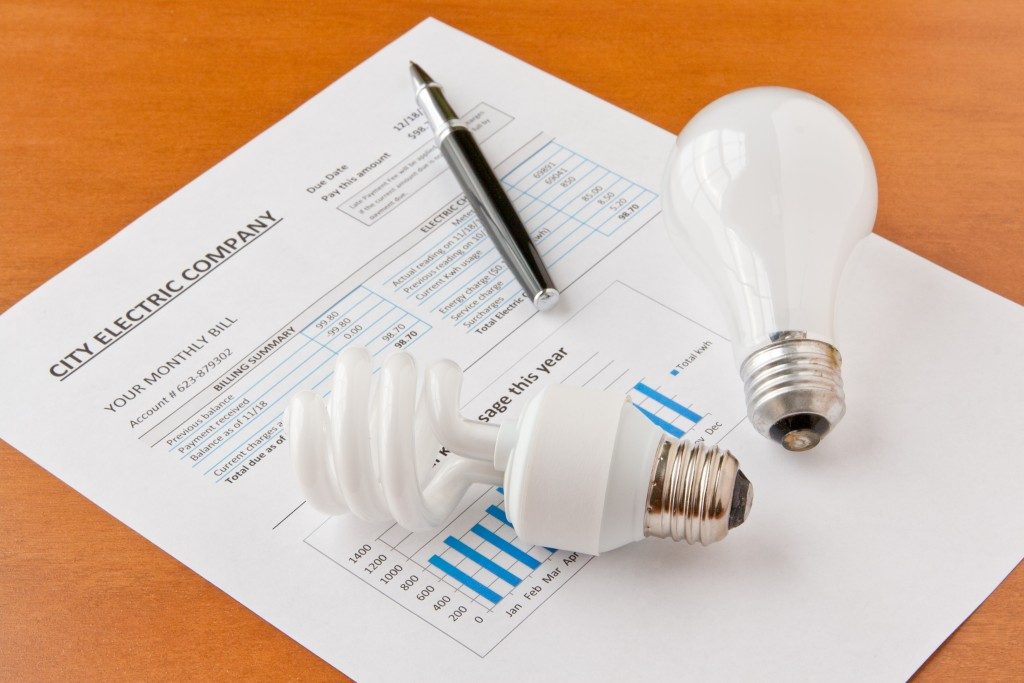One of the hardest things about being an adult is having to pay the bills. Just when you receive your hard-earned salary on payday, you have to spend them all on your water, electricity, and other home expenses.
True enough, bills can be costly. And most people have to work double to meet their financial obligations. But you can be smart about how you use your home appliances to help you save up on monthly expenses. Here are some tips.
Rethink your phone, cable, and Internet subscriptions
With the advent of technology, phone data, television cable, and Internet subscriptions have become necessities. There’s no doubt that you need these subscriptions at home. But it might be time to rethink them. Maybe you’re subscribed to an unlimited amount of Internet data, but you don’t even consume much of it because you’re in the office most of the time.
Take some time to compute how often you use your phone, television, and the Internet. Maybe consider downgrading to a cheaper subscription with less data or slower Internet speed if you don’t need the fastest unlimited connection after all.
Go easy on the air conditioner
Out of all the appliances at home, the air conditioner probably uses up the most electricity. If you’re trying to cut down on expenses, turning off the air conditioner and choosing more energy-efficient options is a great way to start.
Turning on the ceiling fan to help cool air circulate or opening the windows to let air in the house will save you so many costs in the long run. These options will make your electric bill a lot more affordable.
Avoid the water heater

Especially in the cold seasons, it’s quite tempting to use the water heater to do simple chores or wash your hands. But 14% of energy costs can be attributed to water heaters. Try lowering the temperature down a notch. It won’t hurt to bear the chills for a few seconds.
Save up on water expenses too by doing simple acts like turning off the sink while brushing your teeth, using less water when washing the dishes, or investing in a wastewater treatment system.
Unplug appliances that are not in use
For convenience’s sake, we like leaving things plugged in at all times, even when we rarely use them. But even when not in use, our appliances consume a lot of energy when they’re left plugged in.
Pull the plug on things you rarely even use, like the toaster, microwave, television, etc. Watch your phone chargers, too, as they consume a lot of energy even while your phone is not plugged. The best practice would be to turn off and unplug all devices and appliances before you leave the house.
Cook your meals in bulk
Turning on the stove and using your kitchen appliances every day is bound to consume a lot of electricity. But you can minimize the cost by cooking your meals in bulk. Spend a few hours on Sundays to cook your meals for the whole week. That way, you can pop them in the refrigerator and reheat them every day. That won’t only reduce the cost of your electricity bill, but will also save you a lot of time and effort in the morning.
Although these things may seem like small actions, they’re going to significantly reduce the cost of your bills if you do them every day. Imagine how much you’re going to save if you save even the slightest amount of energy or water daily for an entire month.



